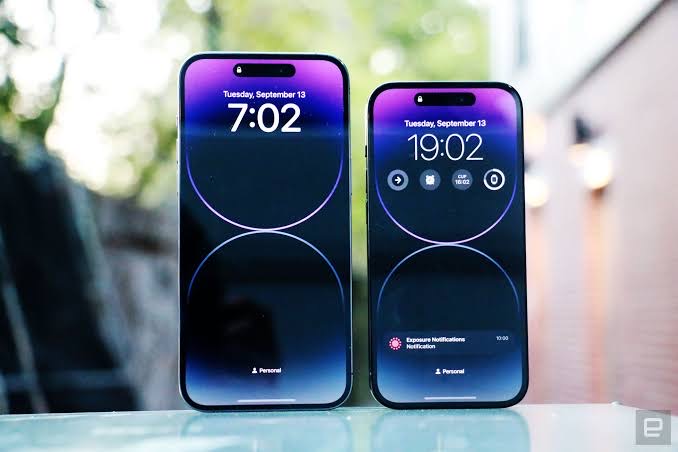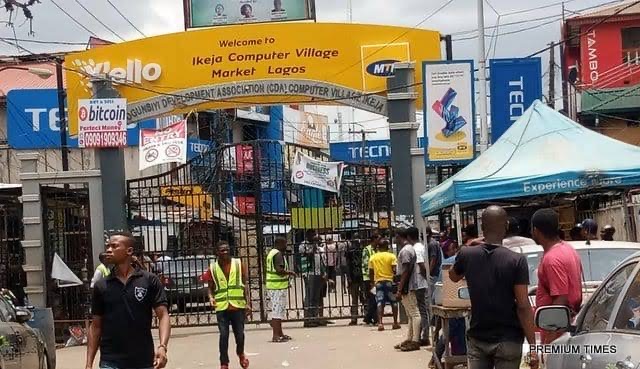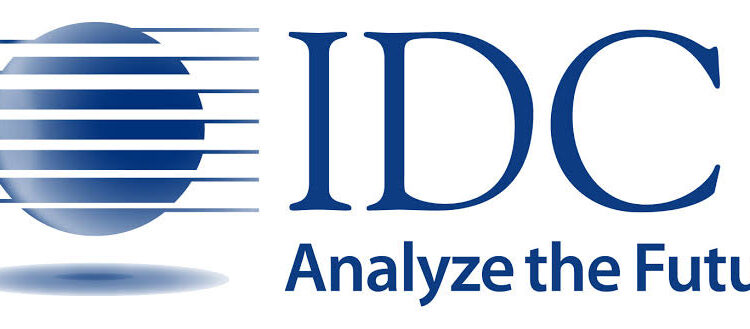Lagos, Nigeria – The cost of the newly-released iPhone 16 series, announced on Monday, is unaffordable for a significant portion of the Nigerian population, including minimum wage earners, who would need to set aside every bit of their monthly salary for a staggering 18 months in order to purchase the most budget-friendly model.
The iPhone 16 starts at $799 (N1.26 million) for the 128GB model, while the iPhone 16 Plus is priced at $899 (N1.42 million). The iPhone 16 Pro costs $999 (N1.58 million), and the iPhone 16 Pro Max is $1,199 (N1.89 million). With Nigeria’s monthly minimum wage at N70,000 ($44.29), the cheapest iPhone 16 model is equivalent to 18 months of minimum earnings for a worker in Africa’s biggest oil producer.

In comparison, the cost of an iPhone 16 is lower in other top African economies. In South Africa, the phone would cost just over three months of minimum wage ($248.12/month), in Morocco nearly three months ($285.61/month), in Egypt a little over five months ($156.57/month), and in Algeria close to six months ($140.85/month).
The disparities in iPhone prices across African countries reflect Nigeria’s economic challenges, exacerbated by the unification of the foreign exchange market, which has led to a spike in phone prices. The naira has become one of the worst-performing currencies globally, declining from N769.51/$1 in July 2023 to N1,580.46/$1 on September 9, 2024.
According to Ifeanyi Akubue, president of the Phone and Allied Product Dealers Association of Nigeria (PAPDAN), “Higher dollar prices mean higher phone prices.” This has made it difficult for many Nigerians to afford high-end phones like iPhones.

However, iPhones account for less than 1% of Nigeria’s smartphone market, according to Canalys, a technology market analyst firm. Chinese brands, especially Transsion, dominate the market, offering more affordable options for Nigerians.
Adeolu Ogunbanjo, national president of the National Association of Telecoms Subscribers, noted that most Nigerians will purchase only what they can afford given the tough economic climate. While they may miss out on high-end phones like iPhones, they won’t miss out on digital access. “People need to get access,” he said.
In response to the skyrocketing prices of new smartphones, many Nigerians are opting for refurbished or second-hand phones. The used smartphone market grew by 9.5% in 2023, according to the International Data Corporation (IDC), and a study by Counterpoint Technology Market Research in 2021 noted a 10% increase in Nigerians purchasing second-hand iPhones and Samsungs.
Nigeria has spent $3.82 billion on phone imports since 2019, with $2.83 billion (74.09%) coming from China. Chinese brands, such as Transsion and Xiaomi, have become the dominant players in Nigeria’s smartphone market, especially in the entry-level segment.
As the prices of new smartphones continue to rise, it is likely that more Nigerians will turn to refurbished or second-hand phones to access digital technology.
































